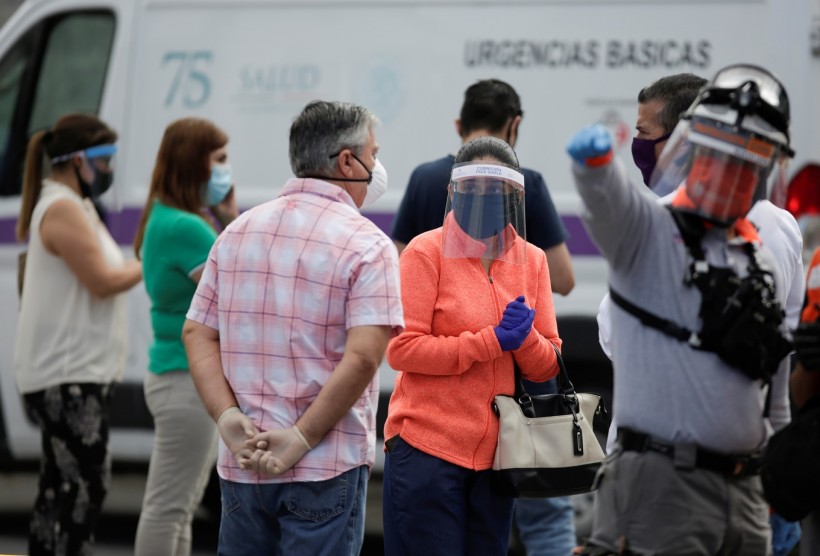Recently, a group of researchers from the Los Alamos National Laboratory claimed that a new and now-dominant strain of the SARS-CoV-2 virus or the novel coronavirus had been discovered, and it's more contagious than the original.

Recovered patients are encouraged to rejoin the public as one study claims it could help mitigate the spread of coronavirus.
However, is this really the case?
Is the Novel Coronavirus Really Mutating?
According to a report by Newsweek, experts said that there is no evidence that the virus has significantly changed ever since the coronavirus pandemic began and that mutations are common and inconsequential for these organisms.
Mutations happen when the virus, such as the novel coronavirus that brings COVID-19, makes copies of their genetic data to replicate, which then causes small changes to its genetic information.
The problem is, "mutations" have been mischaracterized in pop culture, according to a study published in Nature Microbiology, giving unnecessary fear to the public.
A bioinformatician from the Centre for Virus Research at the University of Glasgow, Oscar MacLean, told the news outlet: "Virus mutations are a guaranteed and unavoidable feature of viral replication, and while it's important to monitor them, they should not be of concern."
He did confirm that the COVID-19 virus is mutating, and they have actually documented a total of 7,237 mutations.
However, a mutation has to be extremely significant for a new strain of the coronavirus to be officially declared, and as of now, there is no evidence that it has happened to the virus.
Mutations and Strains
MacLean also cautioned both the public and researchers with how they describe these new "types" of the novel coronavirus as these terms can be overly suggestive.
"By the definition of possessing unique mutations, we would have thousands of 'strains' of SARS-CoV-2. However, these viruses are all expected to be functionally very similar, and so it's somewhat meaningless to use this definition."
In addition, the consensus among these experts is that there is only one strain of the COVID-19 virus and that it's changing rather slowly.
MacLean also addressed the research by the Los Alamos National Laboratory and said that it doesn't mean there are already two strains and that one of them is more contagious and that their claims, which were based on computational models, will have to be verified in lab studies using virus samples.
Should Recovered Patients Rejoin the General Public?
Speaking of studies, another study has been released, stating that people who have recovered from COVID-19 should be encouraged to rejoin the general public and provide "shield immunity."
According to the Daily Mail, researchers from the Georgia Institute of Technology said that the immunity of the recovered patients would help slow down the contagion.
In theory, it would help reduce the transmission and spread of the SARS-CoV-2 virus.
With more recovered patients along with the general public, infected people will have more interactions with them and would make it impossible for the virus to propagate, which would then help quash the R0 or the number of people that an infected person could pass the virus to.
However, the study's findings are based on several assumptions that scientists can't guarantee for now.
Nevertheless, they said that shield immunity is different from herd immunity, a strategy that is frowned upon by both experts and the general public.









